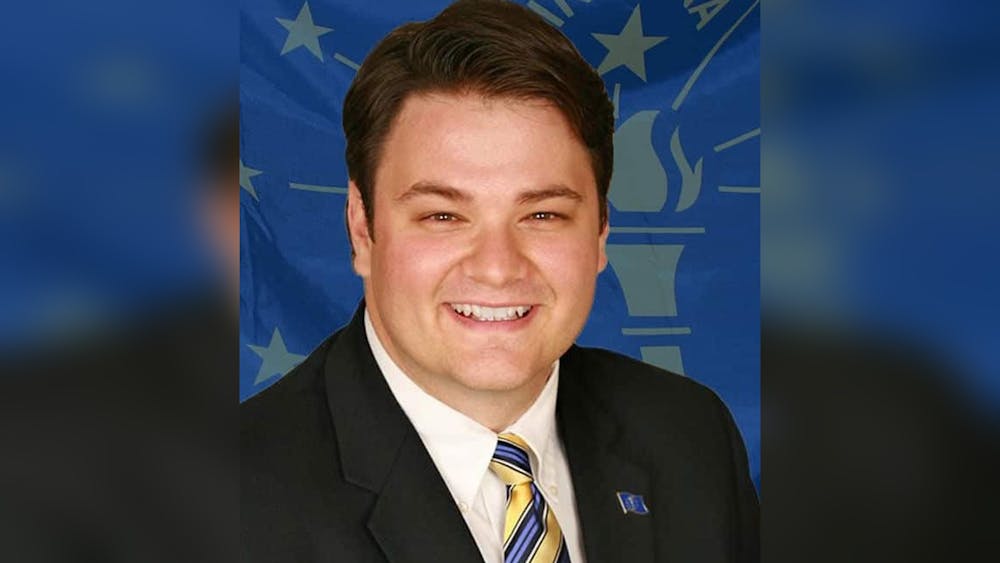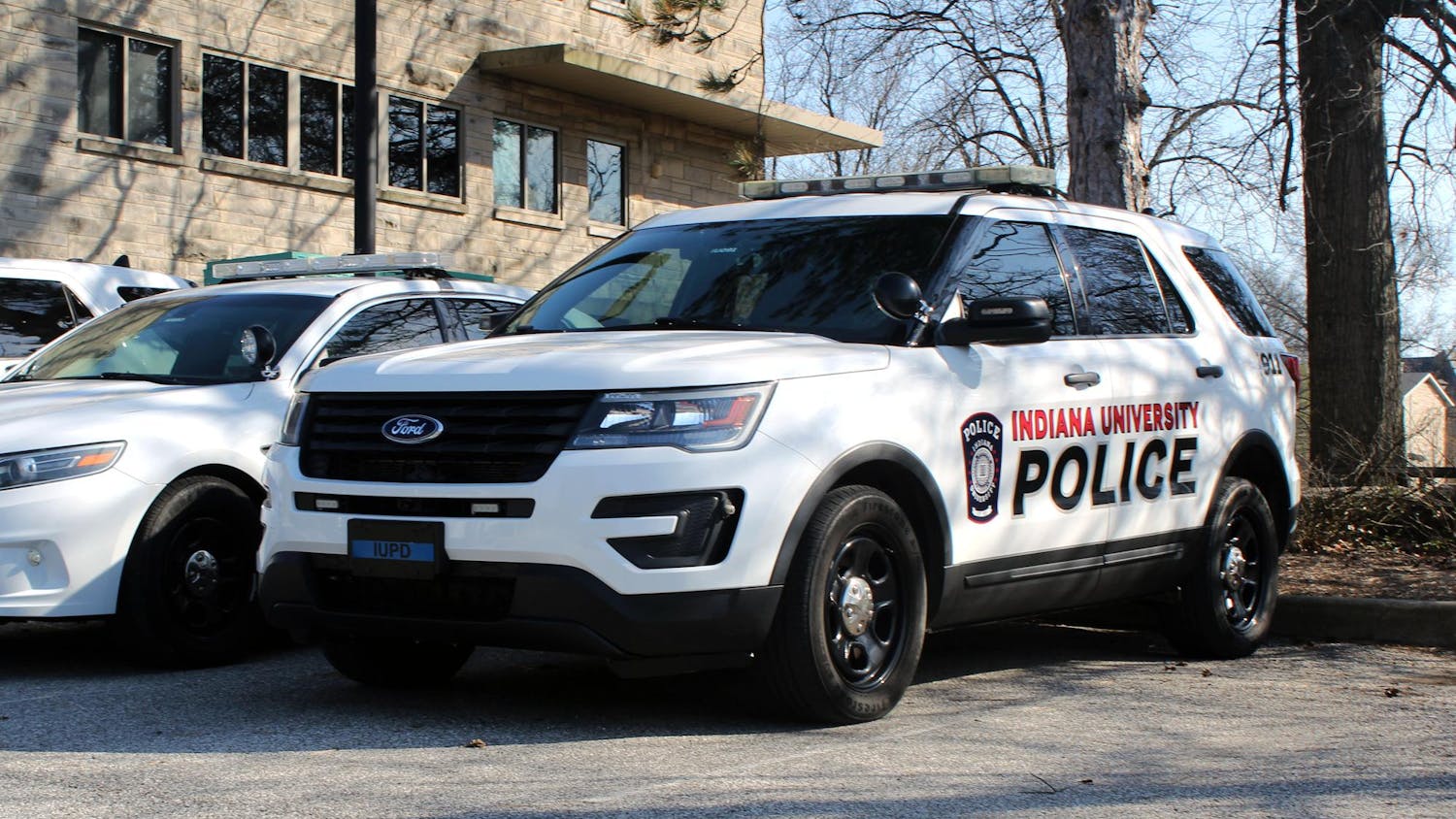Indiana State Sen. J.D. Ford introduced Senate bill 32 last week calling for a ban on the use of conversion therapy for minors. Ford is recognized as Indiana’s first openly gay state legislator and spoke of the bill as a “lifesaving issue.” However, the bill will most likely face stiff opposition from the Republican supermajority in the Statehouse.
Conversion therapy is used as an umbrella term to describe practices that involve an attempt to change a person’s sexual orientation or gender identity through psychological, spiritual or physical intervention. A therapist can recommend an unsubstantiated medication plan consisting of antipsychotics or hormone injections as a psychological treatment.
[Related: OPINION: Indiana’s first openly gay senator is right. A vote for Mike Pence is one for homophobia.]
Conversion therapy perpetuates harmful stereotypes by suggesting people can be “cured” of their “deviance.” The vile practice treats homosexuality and gender identity as an illness and invalidates any reality other than one consisting purely of heterosexuality and cisnormativity.
Religious leaders might insist homosexuality is a sin, therefore repentance is the answer. Health professionals may perform aversive treatments in the form of electroconvulsive therapy to punish an individual for indulging in thoughts which deviate from the arbitrarily defined sexual norm.
An estimated 700,000 LGBTQ adults in the United States have experienced some form of conversion therapy, and half of which received it while they were adolescents.
Conversion therapy is torture.
Nevertheless, it remains legal in a majority of states, including Indiana.
Indiana lawmakers proposed a ban on conversion therapy in 2019 but it never appeared before the entire chamber for a vote. The measure quickly died in committee.
Although Indiana’s reconsideration of a conversion therapy ban is a step towards progress, the bill is unlikely to pass. Republicans hold a nearly identical supermajority in the Indiana General Assembly as they did two years ago when similar legislation failed.
If the ban passes, however, legislators should acknowledge the long-term implications of conversion therapy and provide LGBTQ communities with further resources and support.
The American Psychological Association and the World Psychiatric Association are just a few of the many health organizations that denounce the use of conversion therapy and reject its asserted scientific premise.
[Related: IU students conduct LGBTQIA+ health care needs survey to establish free student-run clinic]
The trauma that forced conversion creates for young people in particular is alarming, and the inequality it legitimizes is damaging to the LGBTQ community.
Upwards of 77% of former conversion therapy participants report signifcant long-term psychological distress, according to the American Medical Association. LGBTQ youth who experience extreme rejection from their caregivers are eight times more likely to report a suicide attempt and six times more likely to report chronic depression, according to GLAAD. Furthermore, almost one in five transgender people claim they have been denied healthcare because of their gender identity.
Forced sexual orientation transformation efforts make LGBTQ youth indefinitely reliant on a medical system which is unequipped and unwilling to serve them.
This nation has invested more effort into forcing LGBTQ individuals to conform than acknowledging their humanity. We are now left with a system ill-equipped to provide equal access and service to all communities. The legislation currently moving through the Indiana General Assembly is the bare minimum.
Katelyn Balakir (she/her) is studying Policy Analysis and World Political Systems. She is a member of Indiana Model United Nations.






